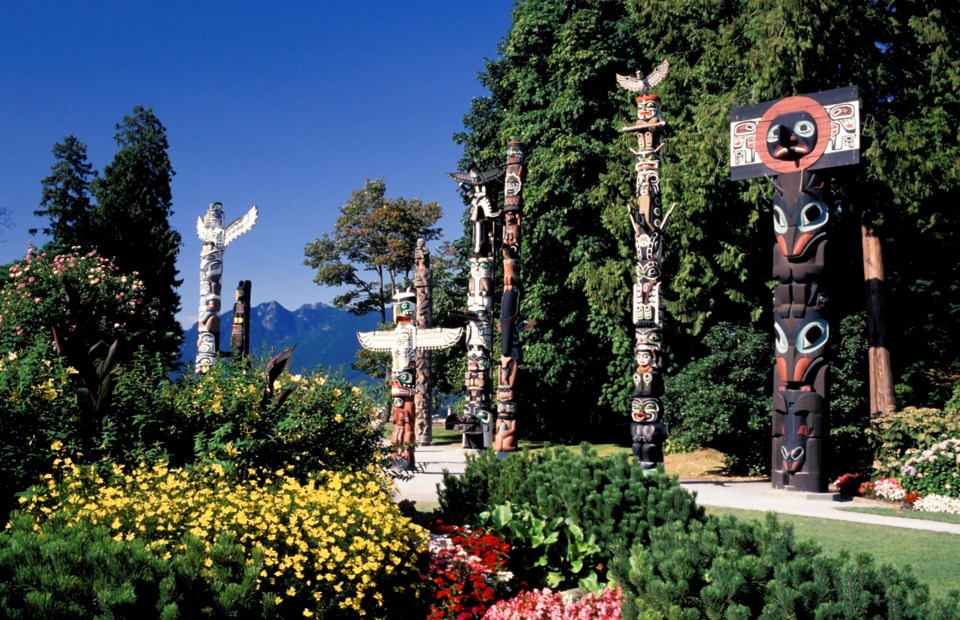For people who communicate for a living, knowing the proper language to use in a situation is both essential and, at times, complex.
When it comes to writing about Indigenous issues, the University of British Columbia (UBC) has updated their guide, called Indigenous Peoples: Language Guidelines. The authors of the guideline write that the goal is to help people ".navigate the terminology and meanings associated with this subject in order to produce the best — and most respectful — results." They note that language evolves over time, as well.
"In the history of relations between Canadian institutions and Indigenous peoples, terminology has often been deployed in ways that have been damaging to communities," they note, adding that often public discourse ignores the preferences of the Indigenous people being discussed.
"Using the best terminology in any given situation is not just a matter of being 'politically correct' but of being respectful and accurate," say the authors.
Beyond explanations for why language is important, the guide discusses specific terms and goes into when, how and why they should or shouldn't be used. Terms include 'people' and 'peoples', 'Aboriginal', 'Native' and 'reserve'. Capitalization guidelines are also discussed and clarified.
The guide also acknowledges that different publication and publication types might have differing rules.
For speakers, there's also a guide on how to properly do a land acknowledgment with examples for the different campuses. It also reminds people to people be respectful if mistakes are pointed out.
"Please do not be insulted or defensive if someone suggests a correction, but do try to understand the logic of the suggested change," write the authors. "While nuances can be challenging to understand and navigate at times, every effort should be made to be specific and use the correct word in any given context."
The guide also provides some links for more information.



